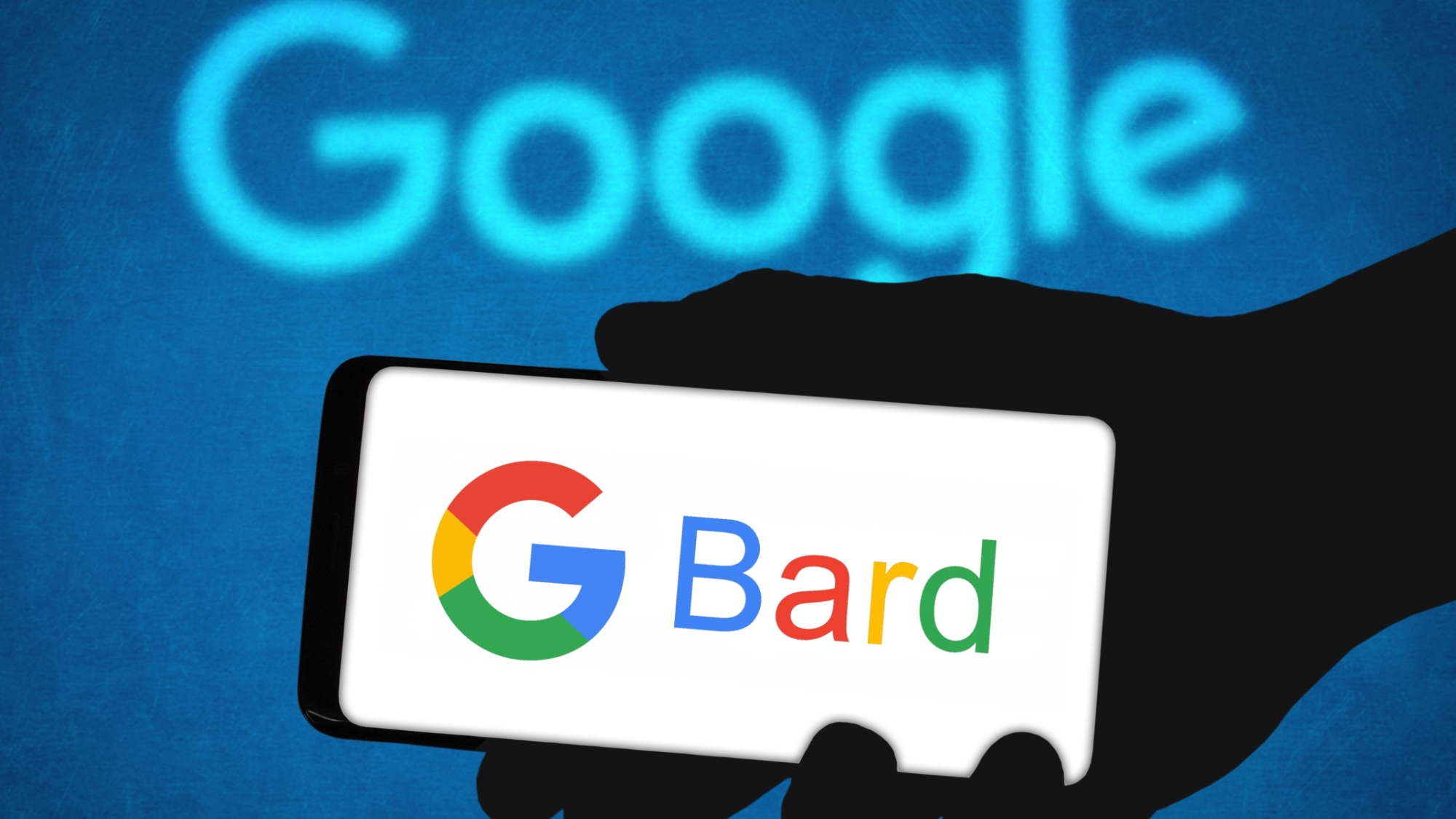

Photo for representation
Google has started the public release of its conversational AI service called Bard to catch up with arch rival Microsoft Corp, that is using ChatGPT created by startup OpenAI, in the artificial intelligence race.
Starting in the U.S. and UK, consumers can join a waiting list for access to Bard, a program previously open to approved testers only. Google describes Bard as an experiment with AI technology that relies on past data to create rather than merely identify content.
The release last year of ChatGPT has emerged as a major threat to the Google search engine and the fierce competition is now in the AI space to get more users.
Both Google and Microsoft have been making competing announcements on AI and incorporating draft-writing technology into their word processors and other collaboration software, as well as marketing related tools for web developers to build their own AI-based applications.
According to a Reuters report, in a demonstration of the site, bard.google.com, a top company official showed how the program produces blocks of text in an instant, different from how ChatGPT types out answers word by word.
Bard also included a feature showing three different versions or “drafts” of any given answer among which users could toggle, and it displayed a button stating “Google it,” should a user desire web results for a query.
Unlike ChatGPT, Bard is not proficient in generating computer code, Google said on its website. Google also said it has limited Bard’s memory of past exchanges in a chat and that at present it was not using Bard for advertising.
However, accuracy remains a problem as “Bard will not always get it right,” a Google pop-up notice warned during the demo. Last month, a promotional video showed the program answering a question incorrectly, that triggered a crash in the shares of Google parent Alphabet.
Google highlighted a couple of mistakes during the demonstration to Reuters, for instance saying Bard wrongly claimed ferns required bright, indirect light in response to one query. Bard also produced nine paragraphs of text when asked for four in another.
“We know the limitations of the technology, and so we want to be very deliberate at the pace at which we roll this out,” Reuters cited Jack Krawczyk, a senior product director, as saying.
Sub Lieutenant Astha Poonia officially became the first woman to be streamed into the fighter…
As Israel awaits Hamas's response on Friday to the latest proposal for a hostage release…
Deputy Chief of Army Staff (Capability Development and Sustenance), Lieutenant General Rahul R Singh, on…
A report on Bangladesh's media landscape has revealed that the restrictive laws and political press…
Prime Minister Narendra Modi has said that India is actively working on creating a comprehensive…
The Indian Chamber of Commerce (ICC) on Thursday hosted the 14th India Minerals and Metals…